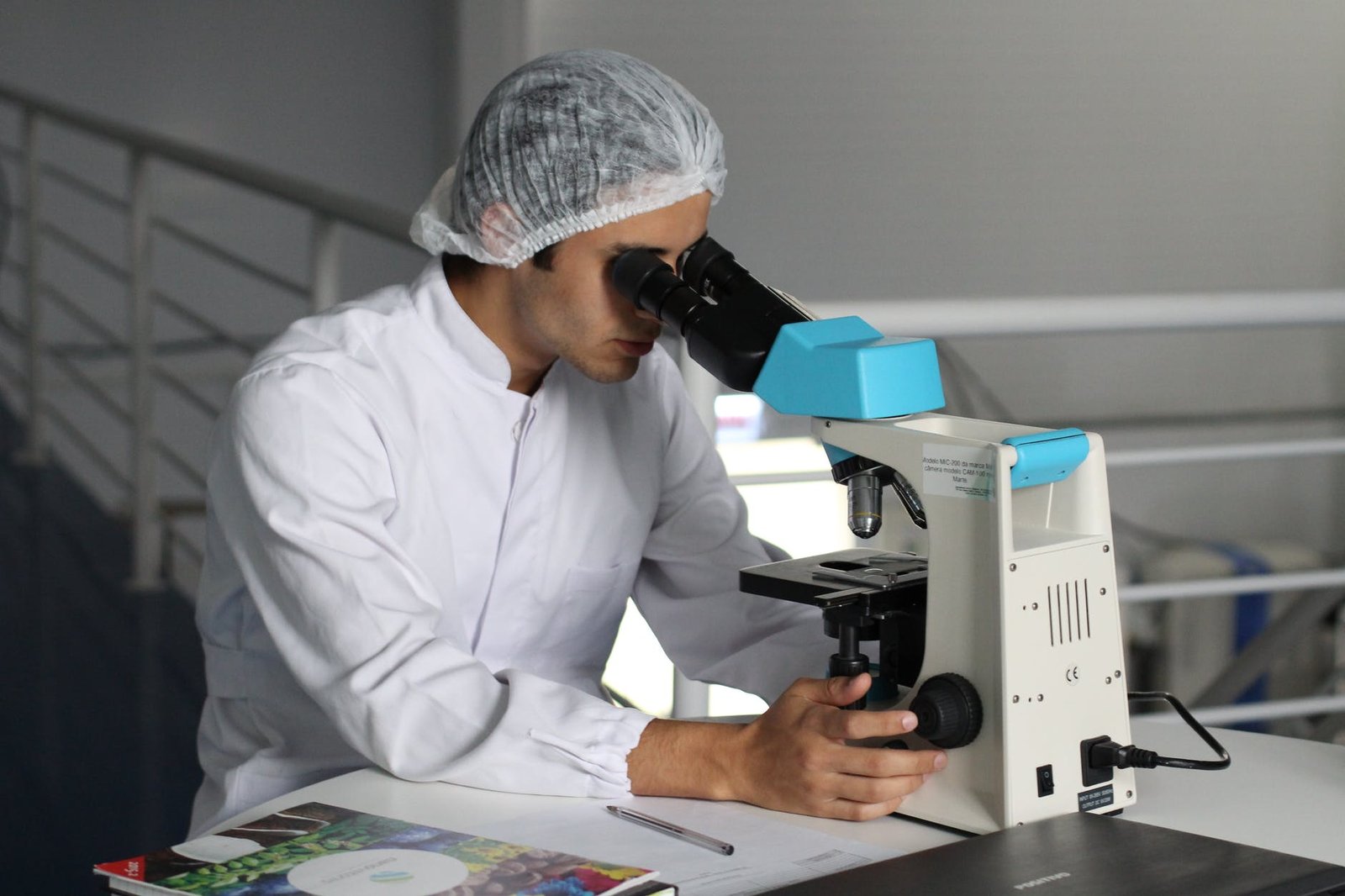
5 Careers In Biomedical Sciences
Are you a curious person looking to find and research what is going on inside our body, cells, and organs or interested in how life works and diseases occur? Well, chances are you may be interested in pursuing a career in biomedical sciences.
Biomedical science is a vast field that studies human organs, systems, and cells to understand how diseases occur and find their possible treatments. It is a fascinating domain of science that provides insight into the molecular and cellular mechanisms of life.
Biomedical scientists help understand disease pathology and find therapies for future diseases. The subdivisions of biomedical science include molecular biology, epidemiology, genetics, microbiology, neuroscience, etc. You can also pursue several careers in biomedical science with a handsome salary.
According to Zippia, in the year 2019, 53.33 percent of women and 46.67 percent of men joined the biomedical profession. Therefore, biomedical science is a popular field with endless options awaiting you to explore. If you are a student; who is currently struggling to find a career in biomedical sciences, you can scroll down and discover the career options that suit you.
1. Biomedical Engineering:

Biomedical engineering focuses on problem-solving techniques in the field of medicine and biology. Biomedical engineers design implants, for example, artificial hips, prosthetic arms, pacemakers for the heart, and work on tissue engineering and 3-D printing of biological organs. Biomedical engineers assess and check these new diagnostic tools and techniques and establish safety protocols for these medical devices. Did you know? Biomedical engineering salary ranges from 95,000 to 102,600 dollars. From a career point of view, biomedical engineers can go into the department of neuromodulation, orthopedic repair, and stem cell engineering.
2. Biotechnologist:

Biotechnology is a field of science that works on determining the mechanism of different genes, cells, and tissues. Biotechnologists use this knowledge to research and manipulate organisms and genes. New technology products and therapeutics, for example, vaccines, genetically modified and enriched food, energy, and medicines, are created with the help of biotech. It has four categories or subdivisions: medical, industrial, environmental and marine biotech.
According to Northeastern University, bioscience workers earned nearly $99,000, 85% greater than the average for the overall private sector. The university further mentions that the average salary for a biotechnology research scientist is $87,418. However, with more experience and training, you can make up to $117,000! Imagine what you could do with it.
Career-wise, as a biotechnology student, you can go into medical, agricultural, or animal research to yield things that work for the welfare of humankind.
3. Neuroscientist:

Neuroscience studies the nervous system, the brain, and the spinal cord. It is a collection of different subjects, for example, anatomy, physiology, mathematics, and psychology. Neuroscientists measure brain activity at cellular and molecular levels; and observe functional, behavioral, and computational aspects of the nervous system.
Neuroscientists may develop medicines and research on diseases, for example, Alzheimer’s and Parkinson’s. According to the U.S Bureau of Labor Statistics, the average salary of medical scientists is $91,510 for May 2020. It also states that the employment of medical scientists will grow 17% from 2020 to 2030, much faster than average for all other occupations.
Therefore, pursuing a career in neuroscience is a golden chance for you. You can become a clinical, cognitive, computational, or molecular and cellular neuroscientist.
4. Geneticist:

Are you interested in finding out why the color of your eyes is blue, green, or brown or why you have similar habits to your father or mother? If yes, pursuing a career in genetics is the best option for you. Genetics is a field of biology that focuses on genes, their transmission from parents to offspring, and how changes in them produce variations.
According to the U.S Bureau of Labor Statistics, the median salary for genetic counselors was $85,700 in May 2020. The employment rate of genetic counselors will grow 26% from 2020 to 2030.
Professionals treat patients with genetic disorders, learn inheritance patterns, study environmental factors that interact with genes, and develop new traits by modifying genes.
5. Microbiologist:

Have you ever thought that there are organisms smaller than us and how these organisms live and thrive? Are you intrigued by the word ‘’smallest living organisms on earth’’? If yes, then you must be fit for a career in microbiology. Microbiologists study the world’s smallest organisms ‘’bacteria’’, viruses and fungi, to track illness and outbreaks. The presence of a microbiologist is crucial to hospitals and research laboratories for measuring body fluids and blood to diagnose infections.
Microbes yield many beneficial substances, for example, amino acids, insulin, antibiotics, and Vitamin C. According to Glassdoor, the total pay of a microbiologist is $82,385 per year.
Consequently, microbiology is a good career option that you can opt for if you like microbes.
Conclusion:
Choosing a career is not easy, and it requires careful consideration. As a Biomedical science student, you will study a wide variety of subjects and majors that you can choose as a career option. However, due to so many choices, you must be clueless. If you are a little lost and need some advice regarding a career choice, you can look at these careers to help you get your dream job. A career in biomedical science will help you gain knowledge and practical experience. It will also help save the world from famine, provide clean energy, and yield new medicines and therapies to prevent diseases in the future.




